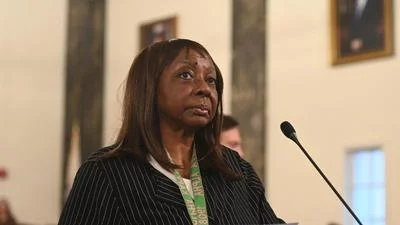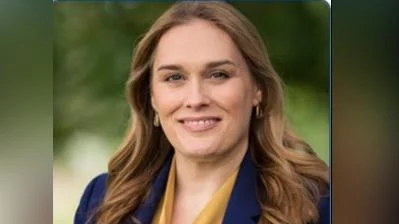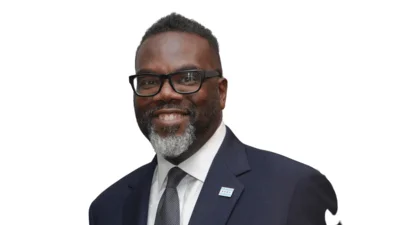Concerns about safety and the economy are behind Alderman Ed Burke's opposition to driverless vehicles in Chicago, the long-serving city politician said during a recent radio talk show interview.
"Right now, there is a lack of understanding about these devices," Burke said during the Sept. 16 edition of Chicago's Morning Answer. "Shouldn't we, first of all, ban them and then if they prove to be safe and reasonable, then the use of these driverless vehicles can be authorized. But in the beginning, I think this is putting the horse before the cart, so to speak."
Burke and fellow Democrat Alderman Anthony Beale introduced the ordinance to ban driverless cars in Chicago on Sept. 14.
Burke issued a statement the same day calling the ordinance a pre-emptive strike following the release of Uber driverless vehicles onto the streets of Pittsburgh. Chicago should not go that way, Burke said in that statement. "We do not want the streets of Chicago to be used as an experiment that will no doubt come with its share of risks, especially for pedestrians," Burke was quoted in the statement. "No technology is 100 percent safe."
Burke's opposition to driverless vehicles in Chicago is significant because of his oft-discussed influence in city politics. The longest-serving alderman in the city's history, Burke, 73, was first elected to the Chicago City Council in 1969. He represents the 14th Ward in the city's southwest section. The Chicago Sun-Times calls him the city's most powerful alderman. Burke chairs City Council's Finance Committee, presides over the Cook County Democratic Party's judicial slate-making, and is the husband of Illinois Supreme Court Justice Anne Burke.
Uber's first self-driving fleet of vehicles arrived in Pittsburgh last month. Voicing his concerns about safety, Burke referred to the death of a 40-year-old Canton, Ohio man, who on May 7 became the first fatality in a self-driving car crash.
"That's just one recent example," Burke said. "I suppose, back during the early part of the 20th Century, there were those who would have argued that there should be no traffic control signals, that people should just go out and drive their new Model Ts without any controls."
Burke said that had he been around in the early 20th century, he would not be against motor vehicles to protect the horse and carriage industry. "I would have argued that there ought to be traffic control signals if these devices were going to be used out on the street where people are going to be put at risk," he said.
Burke quickly added his concerns about driverless vehicles are not just about safety.
"There is another aspect of this that nobody has fully explored, in my opinion," he said. "And that is what does it do to our economy? There are literally hundreds and hundreds of thousands of jobs where people operate motor vehicles. Delivery trucks, taxi cabs, what about those jobs that would disappear from our economy?"
More than 5 million jobs will be lost by 2020 due to developments in genetics, artificial intelligence, robotics and other technologies, Bloomberg reported in January. Burke also referred to reports about crewless cargo ships on the oceans and to comments recently made by Illinois Manufacturing Association President and CEO Greg Baise. Baise, while speaking before the Chicago City Club Aug. 30, said that driverless car manufacturing would be a good opportunity for the state.
It isn't a good comparison and veers away too much from the topic of driverless vehicles in Chicago, Burke said. "So much of manufacturing has left not only the Great Lakes region, it has left the nation," he said. "It's left for Asia and for countries all around the world."
Burke also criticized how the decision to allow driverless Uber vehicles in Pittsburgh was implemented.
"The mayor of Pittsburgh, without any consultation with any other officials, not City Council, not the Police Department, not the Fire Department, single-handedly authorized this experiment," Burke said.






 Alerts Sign-up
Alerts Sign-up